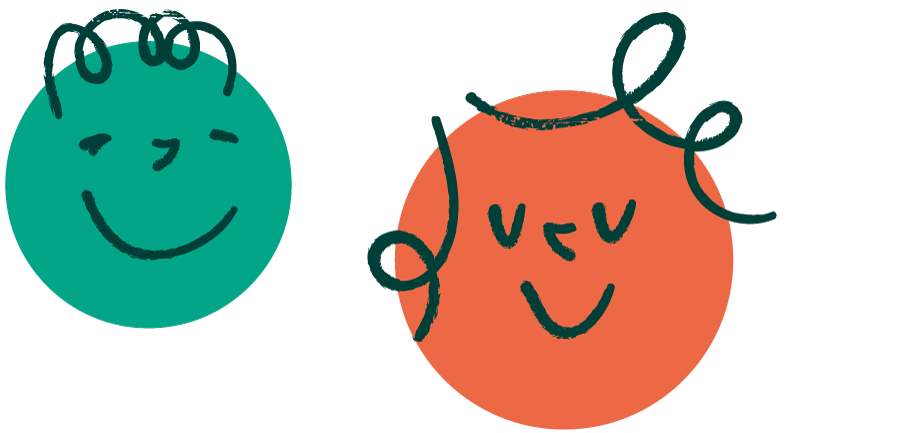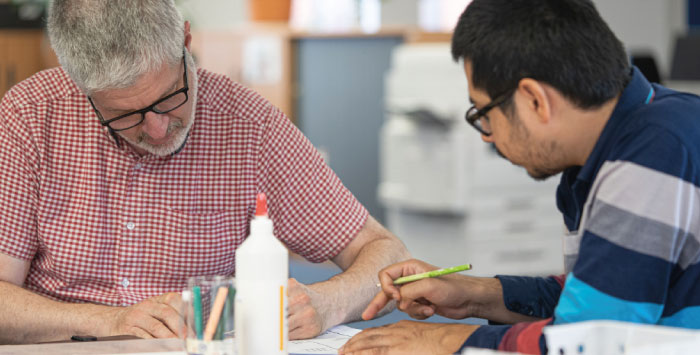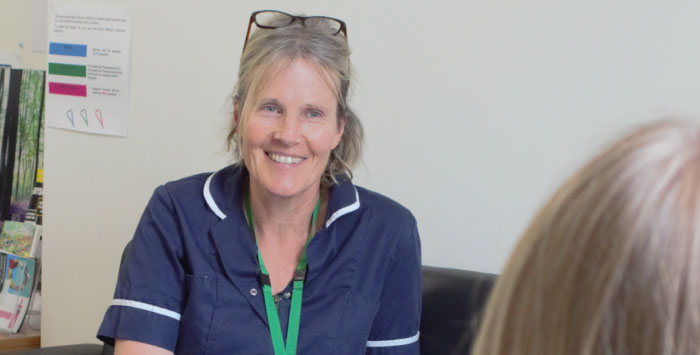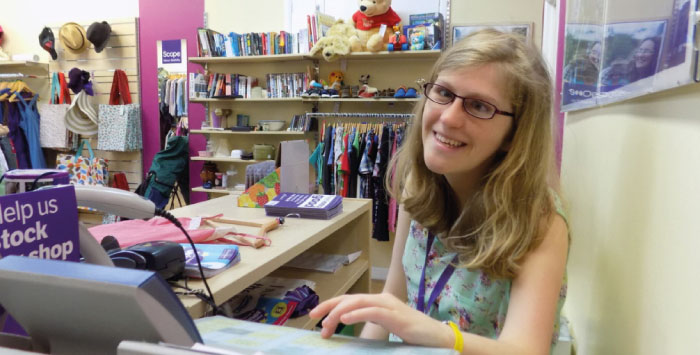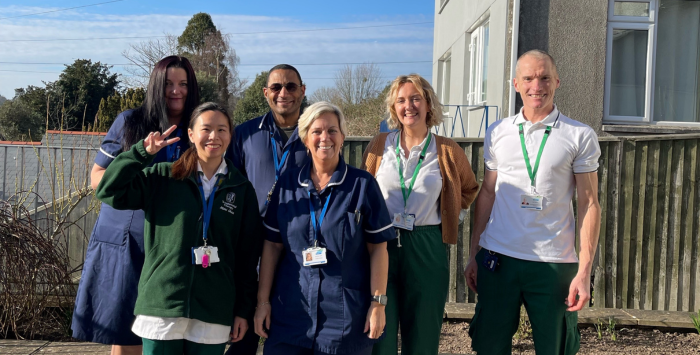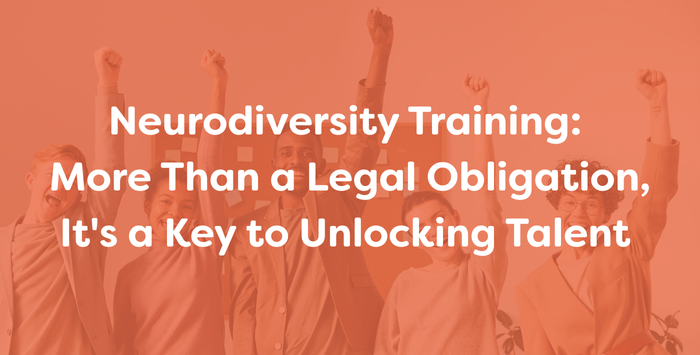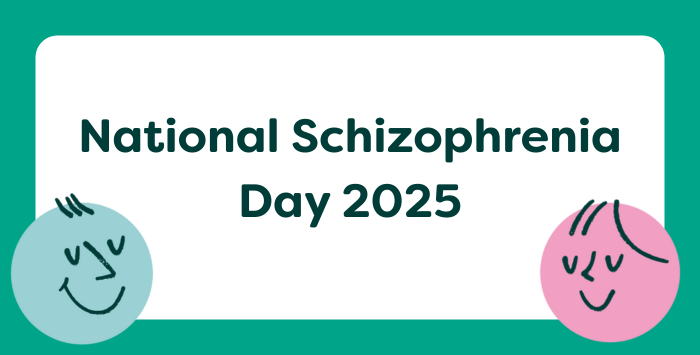Step One is making a difference in communities across Devon
Step One works in various communities across Devon, from supported housing to our inpatient ward at Cypress Hospital. Our aim is always the same: to help people not simply take their place but to thrive in their local community.
A person-centred approach
Our organisation is built around experienced and flexible professionals who are empowered to create the right environment for everyone we serve individually. Our incredible team members can tailor a plan to suit and gather a range of resources for our service users to give them the best chance of success.
Adaptable and compassionate
We are committed to continuously improving and developing our specialist services, ensuring they are fit for purpose and making a positive difference to people. Our dedication extends to making an impact by advocating for those in need, engaging with our community, and inspiring others to take action.
Success stories
Success comes in all shapes and sizes for us – whether it is someone who simply feels more confident in their daily life, having attended one of our online sessions, or in the form of seeing somebody leave intensive treatment at our rehabilitation ward being fully able to be a member of their family and community once again. We are incredibly proud that some of our service users now work for this organisation and can pass on that support to others.
Sign up to our newsletter
Step One services
Support you can access via self-referral
Our online and in-person courses and workshops are designed to provide you with support in various areas of mental health. Many people also find peer support groups and activities a very valuable way to conquer the challenges they face. We also offer training for businesses to enable them to spot the signs of mental illness within their organisation.
Other services
Cypress Hospital provides comprehensive inpatient mental health rehabilitation services in southern and western Devon, supporting people with complex needs on their journey to recovery. Our community support services are available to anyone over the age of 18 and living in Devon who has had a social care assessment and has funding in place from Devon Council or the NHS. We also provide supported living for people with mental health concerns or/and autism spectrum conditions to live more independently.
Why support Step One?
could buy enough craft supplies for peer support group participants to create their own unique works of art to express themselves and connect with others.
could fund a day of activities for people supported at our mental health rehabilitation hospital, such as art therapy, music therapy, or yoga.
could fund an online course or workshop on managing stress and anxiety. This could teach people the skills and knowledge to manage their stress and anxiety levels and improve their overall well-being.
could fund an in-person peer support session or activity with our wellbeing practitioners for people struggling with mental health, providing them with a safe space to share their experiences and learn from others.
Upcoming fundraising events
“They saved my life because I was becoming desperate and I now have hope. From the cook to the manager, the OT to the nurse, all staff treated me with respect and kindness. They are amazing people and professionals and I am so grateful. Thank you to the charity for having such a good service.”
“Quite soon after working with Step One, my agoraphobic tendencies were challenged in a healthy and productive way. I went from a complete shut-in, afraid of answering the door, to regularly going outside every week alongside a variety of new faces. I have maintained a healthier and more confident outlook, even managing to rekindle some old relationships!”
“Quite soon after working with Step One, my agoraphobic tendencies were challenged in a healthy and productive way. I went from a complete shut-in, afraid of answering the door, to regularly going outside every week alongside a variety of new faces. I have maintained a healthier and more confident outlook, even managing to rekindle some old relationships!”
Work for us
Our organisation is built around experienced and flexible professionals who are empowered to create the right environment for everyone we serve individually. Our incredible team members can tailor a plan to suit and gather a range of resources for our service users to give them the best chance of success.
